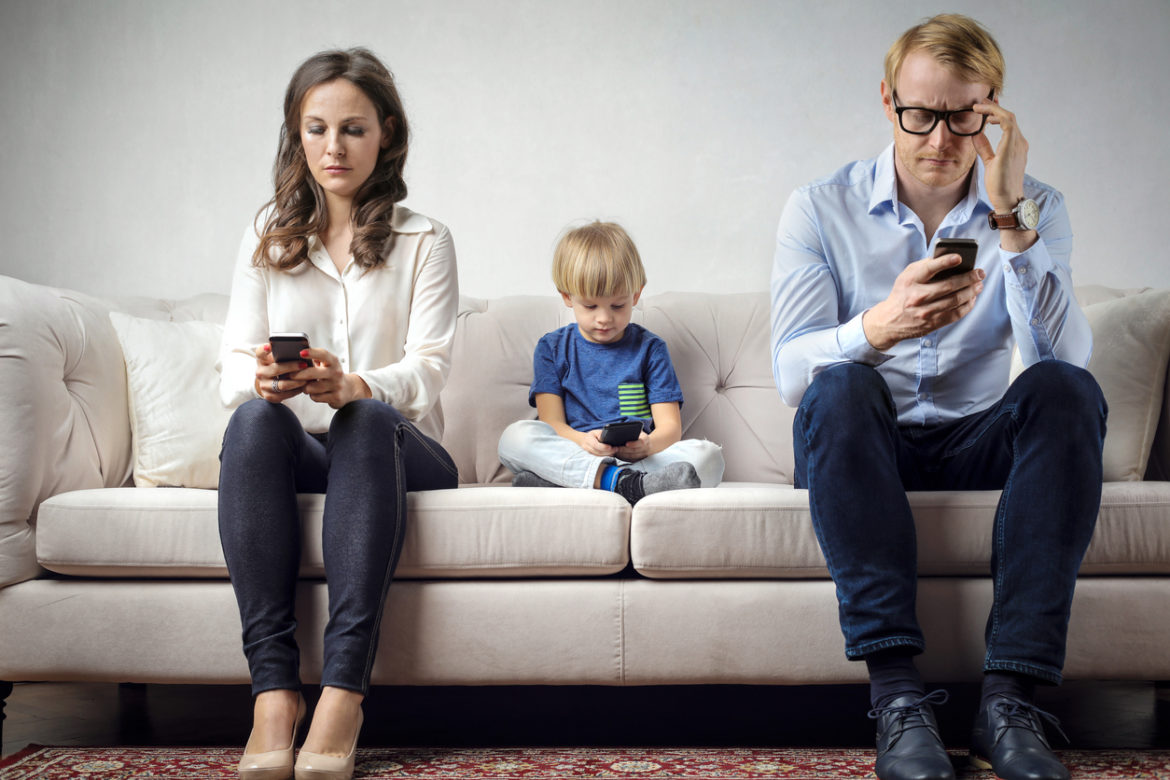
Internet Addictions
In simple terms, Internet addiction is use of the Internet for extended periods of time that either directly or indirectly disrupts an individual’s health, personal life, family life or professional life. The most problematic types of this addiction include:
- Cybersex & Pornography
- Cyber relationships and/or Chatting
- Online Stock Trading
- Online Gambling/Casinos
- Computer Games
- Video Gaming (Playstation/Xbox/PC, etc)
- Information Surfing
Warning Signs of Internet Addiction
- Preoccupation with the internet and/or internet related activities
- Increased anxiety when off-line
- Hiding or lying about the extent of online use
- Decrease in intimacy with a partner due to increased time spent online
- Increased isolation
- Inability to control, cut back or stop Internet use
- Depression
- Decrease in academic and job performance
- Family problems including disengagement from family activities or divorce
- A majority of time and effort is spent thinking about or actually playing online
- When they are unable to engage in online activities, they get irritable, upset, anxious or sad.
- Over time they have spent more time engaged in online activities (ex. Began playing once a week for an hour and now play for multiple hours multiple times a week)
- Loss in interest of previous hobbies or other entertainment as a result of online activities (no longer has other hobbies besides their online activities, reduction in physical activities or movement)
- Continues to engage in online activities despite knowledge of psychosocial problems (high blood pressure, sweating, rapid heartbeat, dizziness and feelings of irritability or sadness or personal hygiene concerns such as not showering, or drinking excessive amounts of caffeine in order to stay awake to play)
- Has lied to or deceived family members or others regarding how much time they spend engaging in online activities (saying they are playing less than they really are)
- Use internet activities as a way to escape reality (not wanting to face a problem or dilemma) or a relieve a negative mood (hopelessness, guilt, anxiety, etc.)
- Have risked or lost a significant relationship, job, education or career opportunity due to engaging in online activities (fights or a relationship ended with significant other, family, friends, boss, co-workers due to concerns about internet activities or engaging in online activities and not fulfilling other roles such as employer, spouse, significant other, parent, calling in sick, being late to work or leaving early due to internet activities, etc.). Losing these relationships could result in isolation or possibly depression.
Pine Lake Behavioral Health Can Help – You Don’t Have to do it Alone!
If someone you know shows symptoms of an internet or gaming addiction, call our office. The initial evaluation gathers information directly from the individual as well as those affected and/or involved in their life. Severity and acute distress will be assessed including the current level of use as well as several other key factors such as relationship problems, emotional conditions, mental health status, substance use, and the risk associated with ongoing behaviors. Call today – (402) 434-2730.
Program Philosophy
Our progressive recovery programs are based on Cognitive Behavioral Therapies with an emphasis on Solution Focused approaches. We follow a CHANGE model that is future focused, goal oriented, and a true process not an event. We don’t set unrealistic goals or have unrealistic expectations. Instead, we understand treatment and therapy to be a growth opportunity and not a cure so we define success differently for each patient. Services are designed to help patients (and their families) gain a thorough understanding about the severities of internet addictions, thought patterns and behaviors that often accompany these disorders, and what life in the future looks like within the context of your morals and values. Pine Lake Behavioral Health remains focused on creating attitudinal, functional and behavioral change so that a healthier more productive lifestyle can be achieved.
Our goal is to help the individual break the cycle of self-destruction, remove the dark cloud, and to rebuild self-worth as well as repair relationships with loved ones. We want to empower the individual, knowing that hope fuels the change process. The main goal of behavioral change is for the person to see the value in making changes and then to embrace the connection between talking about it and applying what was talked about to real life. Internet addiction or other problematic video gaming behavior involves a range of potential risks and problems. Therapy frequently involves a mixture of education and awareness, individual counseling and family counseling as needed.
All treatment methods are based on the latest research of this newly recognized addiction. The Diagnostic & Statistical Manual of Mental Disorders 5th Edition (DSM 5) does recognize an “Internet Gaming Disorder” as a condition for further study meaning that it is not classified as a medically necessary diagnosis intended for clinical use. Instead, the field sees this as an emerging area of concern which has diagnostic features and likely has enough specific criteria to emerge as an identifiable condition in future manuals and treatment. These issues do cause distress, do affect quality of life, and do affect not only the individual having the issues but also those around them. We can help.
